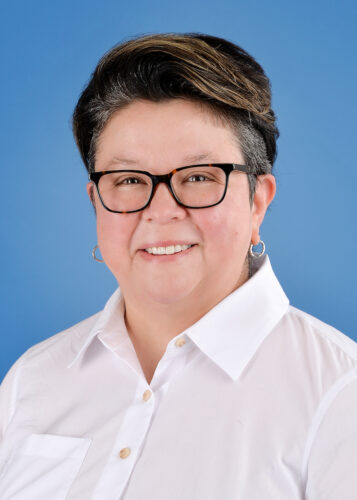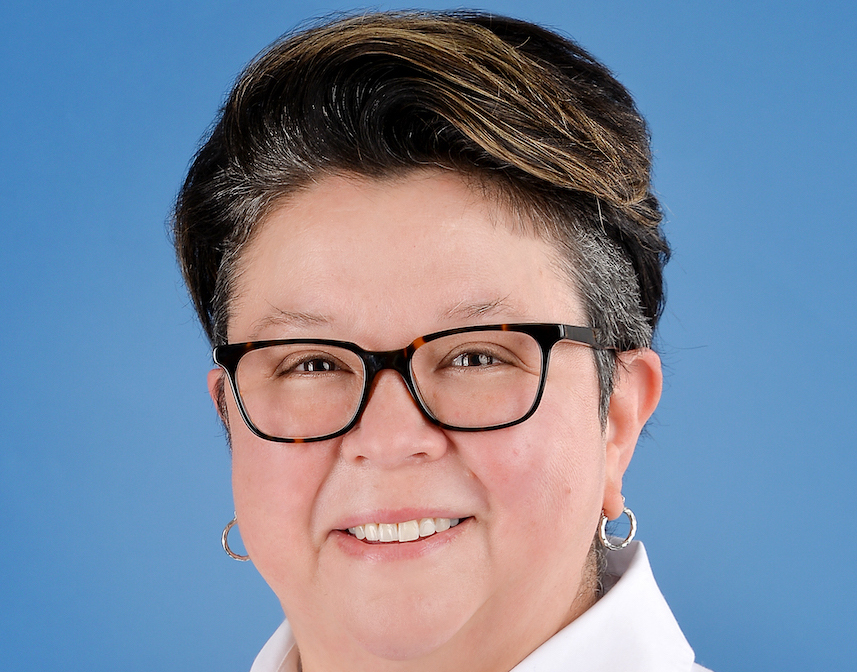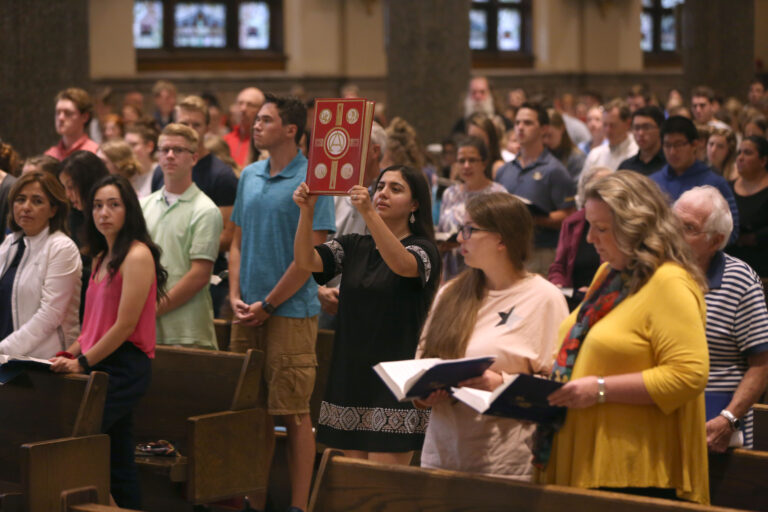 Dear Marquette community,
Dear Marquette community,
On July 11, I began my tenure as the vice president for inclusive excellence. Though there are many facets to the position, the bulk of the work to be undertaken centers on how to continue driving inclusion deep into the culture of Marquette in ways that allow everyone to thrive by providing ample space for them to openly and freely be themselves. I have long understood through my own experience (as well as that of others) that when people feel affirmed, respected and supported, there is no telling what remarkable accomplishments they might achieve.
In short, there is real transformative power to be drawn from living in an inclusive campus environment.
Over the last nine weeks or so, I have engaged in numerous phone calls, meetings and e-mail exchanges with students, faculty and staff across campus. Time and again, these conversations circled back to core questions as to how we at Marquette might improve when it comes to fostering a culture of greater belonging and engagement among our students, faculty and staff.
How do we get better at establishing relationships with other members of the Marquette community, especially those who may have been pushed to the margins of our institution? How do we build our own personal capacity to engage our students and our colleagues in meaningful ways? What do we need to know to understand more fully?
The relevance of these questions is newly significant, particularly in light of the New Student Convocation protest a few weeks ago. I have spent considerable time since contemplating how I might reframe that event in a way that encourages personal reflection and, ultimately, results in a deeper understanding of the human beings behind it. This is, after all, the work we are called to take up in the Jesuit’s second Universal Apostolic Preference, which states that we are to “walk with the poor, the outcasts of the world, those whose dignity has been violated in a mission of reconciliation and justice.”
I offer to the Marquette community several additional frames to guide our thinking in times where we may be unsure of how to close the divides that separate us from one another or in instances of strong, critical disagreement. The fact is we live in an increasingly fractured and polarized world — there will likely be other moments of conflict and disagreement because of the different ways we walk through it.
Our ability to stay in relationship with one another in these times of division and conflict depends on our willingness to shoulder the work of creating an inclusive campus climate ourselves, rather than relying on others to do it for us. Here are a few ways to do your part:
Opt in. All too often, the work of creating an inclusive and welcoming campus environment falls to those who inhabit marginalized spaces on campus — namely women, our partners in the LGBTQ+ community and people of color. Making Marquette inclusive, however, is work that belongs to all of us and requires full participation from the rest of campus.
The good news here is that Marquette offers a variety of formal and informal programming, workshops and events that allow people to help create community in ways that best work for them. The key is committing to the work and then following through in a consistent, ongoing basis. This is essential to being in solidarity with others, showing support for communities other than your own, and enriching your networks, partnerships, and allies across campus.
Go to the margins. There are moments in the work of creating an inclusive community that require us to lean in and listen to those on the margins, rather than lead with our own perspectives or sense of what’s right and wrong. It is in dialogue with people who inhabit the margins that we can learn about the circumstances and realities that some of us are born into or have had to endure. In the end, we develop a stronger sense of compassion and understanding of what our colleagues and friends on the margins may need when it comes to cultivating a more inclusive campus environment. It can also be an effective pathway to stronger allyship.
Stay the course. If history has shown us anything, it is that social justice and social change are rarely, if ever, delivered in a swift, linear fashion. In the context of higher education, it is also well understood that the wheels of change are prone to rotating slowly, a pace that can elicit feelings of hopelessness, frustration and ultimately push a person to consider walking away from the work altogether. Creating inclusive campus environments can also be mentally and emotionally taxing. In these instances, we need to catch our breath, find our pace again and continue the work as best we can.
It is important that I acknowledge all the services, programs, workshops, trainings and resources (human and financial) that have been in place at Marquette in the name of fostering a more diverse and inclusive campus community over the years. Most recently, efforts to procure additional scholarships and recruit and admit more students of color, have resulted in the most diverse class of students in Marquette’s history. This is not to be taken lightly. With every increase in representation among students comes additional opportunities for other Marquette students to learn from someone different than they are.
It is my hope that you will seize the opportunity before us and help create a campus community marked by genuine acceptance, deep understanding and mutual respect.
I look forward to being on the journey with you.
In community,
Dr. Chris Navia
Vice president for inclusive excellence
Marquette University



